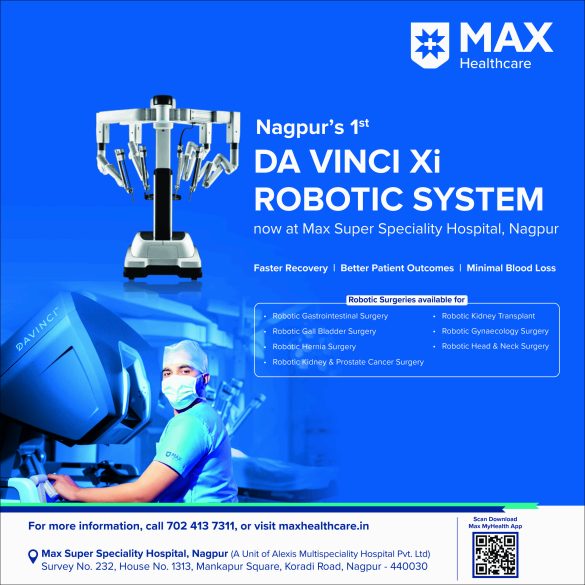Gene therapy is available in India but making it affordable for common people is a major challenge, said Dr Shubha Phadke, known as one of the pioneers of medical genetics in India.
Dr. Phadke, who is Professor and Head, Department of Medical Genetics, Sanjay Gandhi PG Institute of Medical Sciences, Lucknow, was here to address a session during the Women’s Science Congress of the 108 th Indian Science Congress.
Interacting with media persons on the side lines, she spoke about the country’s journey of genetics for medical care.
She said that the. Genetic testing in the womb can detect and avoid near about 6000 genetic disorders. Newborn testing can detect the ailments through which the baby might suffer in the future. “Apart from the cost, the ethical and legal obligations are also major challenges in the application of this therapy,” Dr Phadke, who is born and brought-up in Nagpur, said.
She was speaking to media in the backdrop of the 108th Indian Science Congress underway
in Nagpur.
“Clinical genetics can detect many future diseases of the fetus as well as the newborn. Whether parents will accept a baby with potentially serious diseases after knowing about it is a main ethical issue,” Dr Phadke said. Parents may ask for an abortion, but ending an unborn life just for the “likely to be” future disorders could be ethically wrong. Legally also we are yet to get a firm policy or stand on it, she added.
Being a member of national committee to form rules and regulations for surrogacy; Dr Phadke also explained India’ stand on this issue.
“Only those who medically need surrogacy can go for it now. Secondly, the surrogate mother must be a donor either from friends or relatives. There should be no commercial deals in it,” she said adding that policies will be formed for clinical genetics too.
Once concrete policies are formed, the gene therapy can end many diseases, she said. “Many cancers can disappear with targeted genetic therapy. Genetic blood disorders like thalassemia and hemophilia can get detected in the womb with simple tests and these diseases may end up if we make HPCL-like tests compulsory,” she said.
There are tests for spinal muscular atrophy too. But, we must draw the line where to stop prenatal testing. “We must know where to stop ethically,” Dr Phadke said. She made it clear that there is no scientific evidence that stem cell therapy works in genetic disorders. “A lot of mis-advertising is going on about it. We must be aware of it,” she said.




